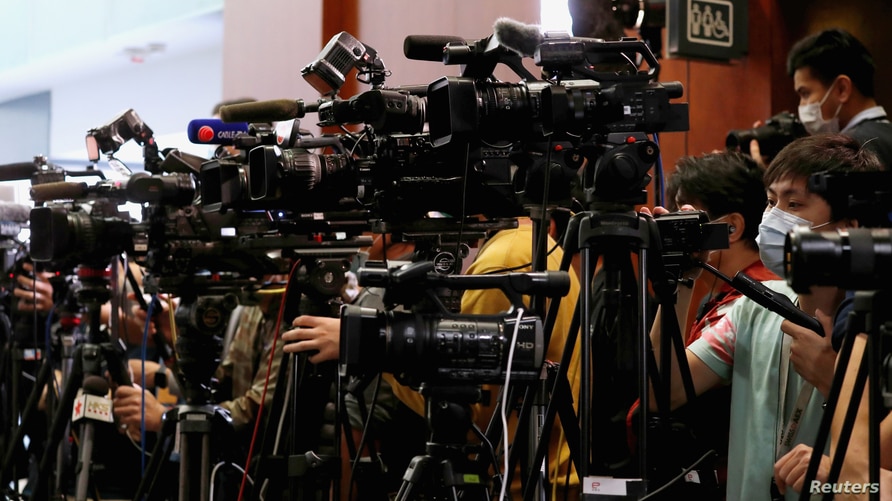Why the State should support good journalism
By PD columnist, November 4, 2022The International Day of Impunity against Journalists was marked this week. At such moments we often focus on the role of journalism: to entertain, to educate and to inform. That is the visible part. There are other players in society such as comedians, schools and public officers who can execute these roles. Our focus must be more reflective.
Journalism is a bulwark for democracy and against the tyranny of government, and commercial interests including media owners organized urban gangs and political thugs. If journalism ceased today, what is that critical function for which the shoes would be too big to fill?
The role of journalism in servicing democracy is critical. The ability of citizens to execute civic duty will be impaired without good journalism. Impunity against journalists is one threat. Indeed, most of the threats against journalism are visible and can be deflected from a distance. It is worth noting that capitalism has sustained journalism over the years.
The capitalist machine generated a thirsty industry that enabled commerce to support the media; the platform through which journalism, for aeons, has survived. But social dynamics have shifted, and technology has created competing platforms that have more closely matched the insatiable thirst for profits that feeds the capitalist economy. The cheese has moved. The advertising industry served journalism well, not because it loved journalism, but because journalism served it well, enabling capitalism to look and smell good.
In so doing capitalism allowed journalism to play the role of keeping an eye on society to ensure that those who sit in government offices, who promised in their election campaigns to do so much for social improvement, are kept reminded of their pledges. For ages, journalism pointed out corruption, kept an eye on public officials and, indeed watched over the excesses of capitalism itself.
There have been benefits to this. Democracy thrives on the blood of the press. The Indian economist Amartya Sen made that famous call that he has never seen a nation with a free press ever suffer famine. Social development is anchored on democracy and free media without which one can expect social retrogression. What would happen to our society if public service journalism, quality reporting and commentary, were allowed to die?
If the government cared for social development, for democracy, then it is in the interest of the government to safeguard and ensure the continuity of journalism. The benefits in the short run include employment opportunities, tax remittances, and the support that media provide to the economy. The watchdog role, the public service role, and the democratic support role can not be substituted. The government has a duty to ensure that journalism for the public good is sustained.
True, the public broadcaster model, as is found in Europe and North America does not exist in perfect order in our own context. America has for decades supported public broadcasting in most of the capitalist world.
Donald Trump thought otherwise and sought to bring the Voice of America under heal. The rightwing regimes of the North have sought to move the needle, threatened by the plurality of ideas that public good journalism offers. That must be resisted.
Elsewhere, in West Africa, a journalism fund has been established to support public good journalism. It is an experiment in its initial stages. But we must go further and explore ways of supporting public journalism.
Supporting the national broadcaster is one way. But probably we need to go beyond that. In the past, the government supported development support film making. This has been left to lapse. Maybe it is time to use a similar model to create a department of public service journalism, whether that would operate within the existing Kenya News Agency strictures, or outside it, with such public good journalism material allowed to circulate freely, including in the independent media so that the public is kept in the know. Indeed, independent media could even subsidize such journalism.
The Ministry of Information has a role, indeed, an urgent one, to safeguard journalism.
— The writer is the dean, School of Communication, Daystar University
